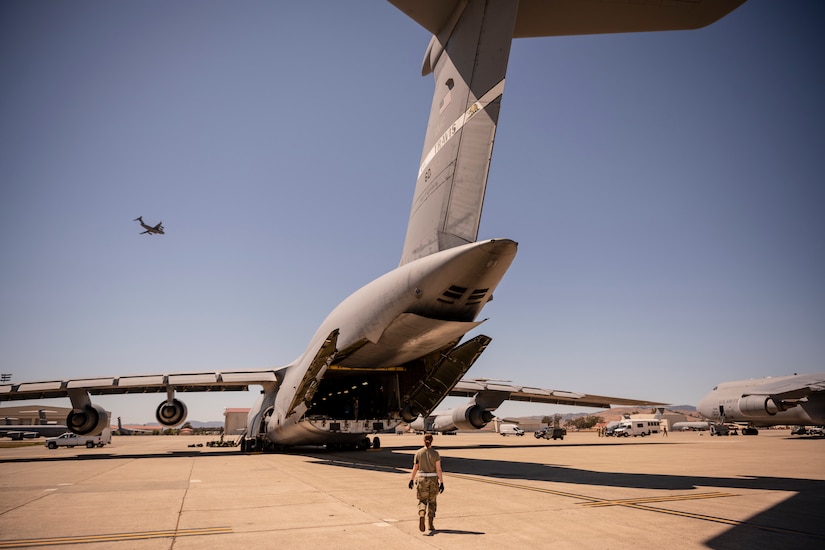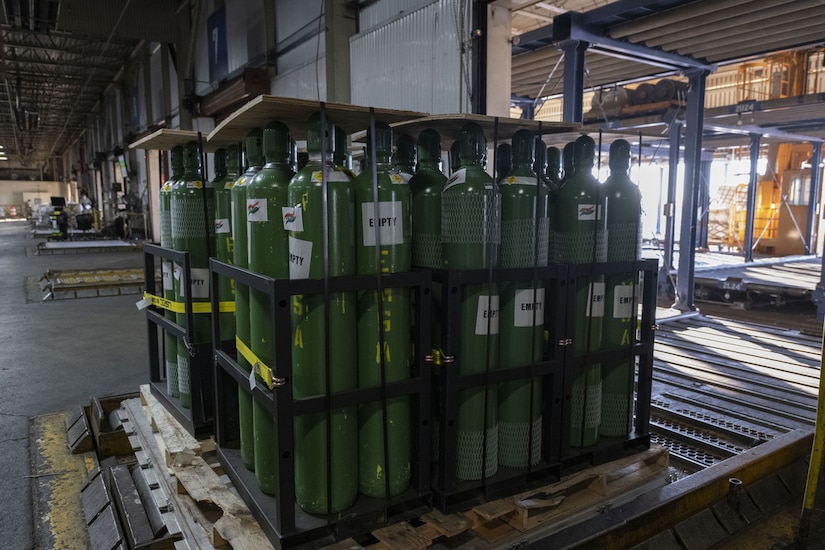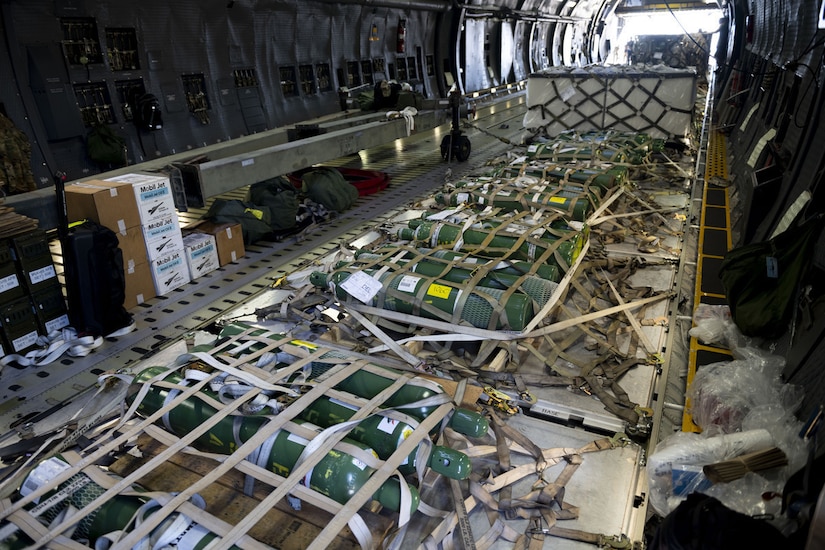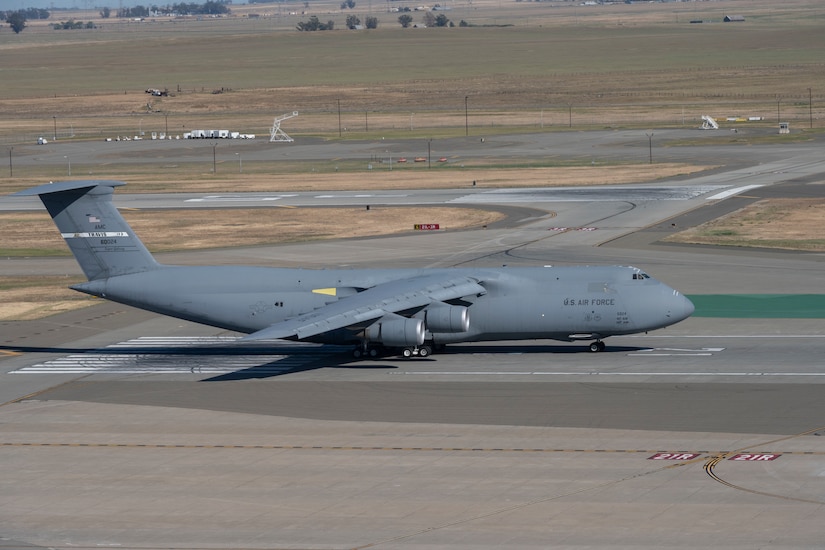A lot of progress has been made against COVID-19, but it's still a global pandemic. As part of a whole-of-government effort to slow and eventually end the pandemic, the United States is sending medical supplies and equipment to India as that country battles the most recent outbreak.

Wednesday evening, a C-5M Super Galaxy aircraft loaded with oxygen cylinders and regulators, N95 masks and COVID-19 rapid diagnostic kits left Travis Air Force Base, California, bound for India. Wednesday's shipment was just the first. In all, the United States expects to deliver more than $100 million in medical supplies to the U.S. partner nation. Thursday morning, a C-17 Globemaster III departed Travis for India carrying additional oxygen cylinders and diagnostic kits.
The medical supplies were donated to India by the U.S. government though the U.S. Agency for International Development. Airmen with the 60th Air Mobility Wing are responsible for delivering those supplies.


In the coming week, more oxygen cylinders will be sent, as will oxygen concentrators, oxygen generation units, additional personnel protective equipment, rapid diagnostic tests and therapeutics. The U.S. is also providing vaccine manufacturing supplies. In fact, the U.S. has redirected its own order of AstraZeneca manufacturing supplies to India, which will enable the country to make over 20 million doses of the COVID-19 vaccine.
India is a major defense partner to the United States and providing assistance is just something partners do, said Pentagon Press Secretary John F. Kirby during a press briefing earlier this week.
"The United States deeply values our partnership with India," Kirby said. "We are determined to help the people in India as they bravely combat this outbreak."

During a visit to India last month, Secretary of Defense Lloyd J. Austin III said India is a major partner in the effort to keep a free and open Indo-Pacific region.
"As the world faces a global pandemic and growing challenges to an open and stable international system, the U.S.-India relationship is a stronghold of a free and open Indo-Pacific region," he said. "And it's clear that the importance of this partnership, and its impact [on] the international, rules-based order will only grow in the years ahead."








No comments:
Post a Comment